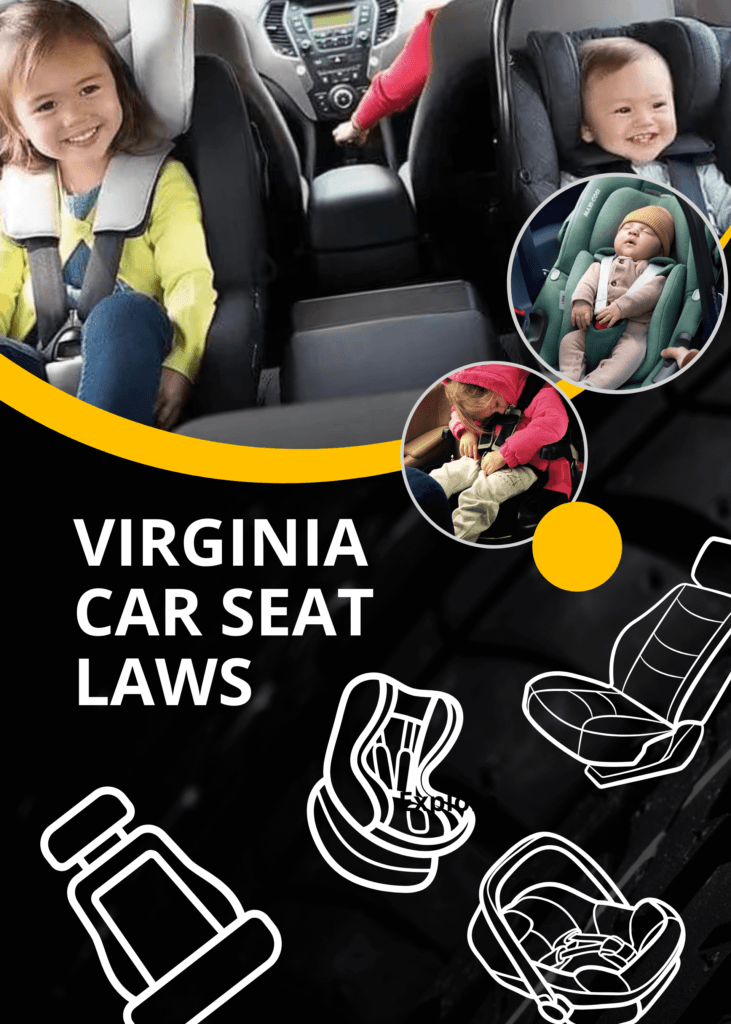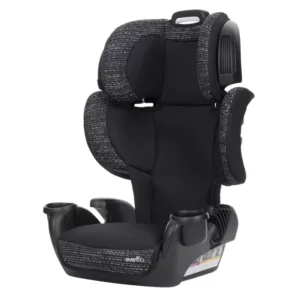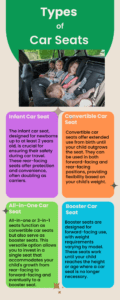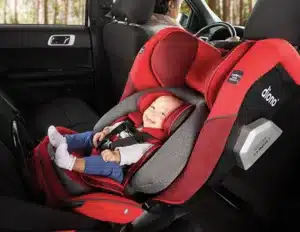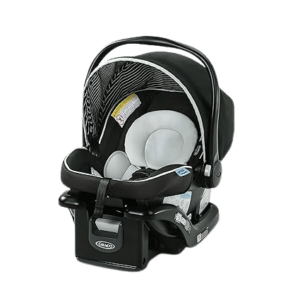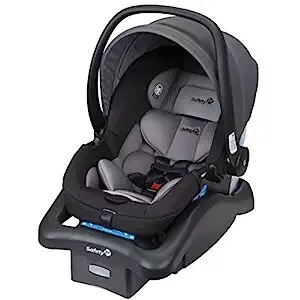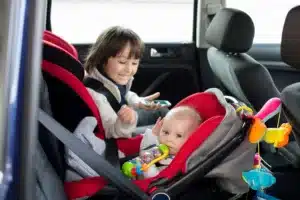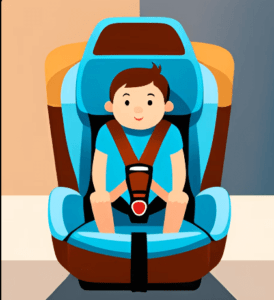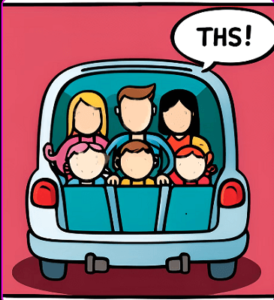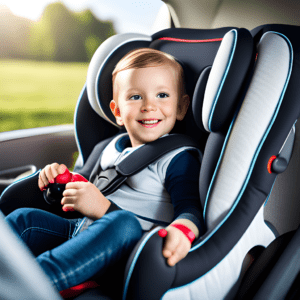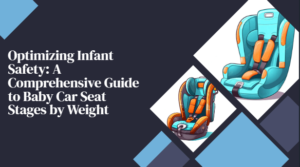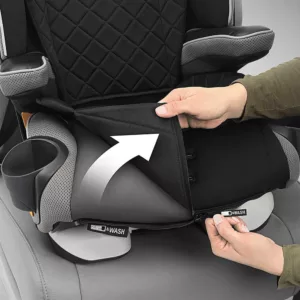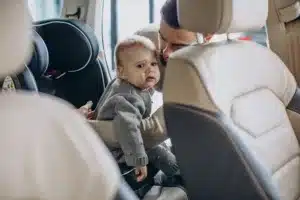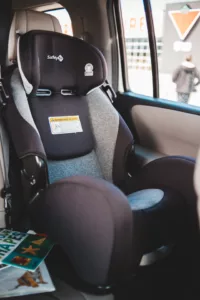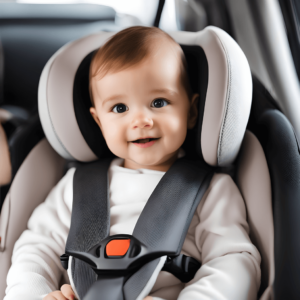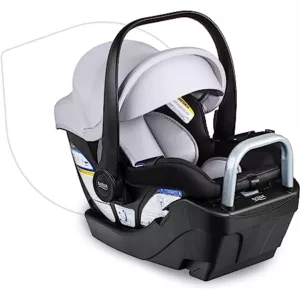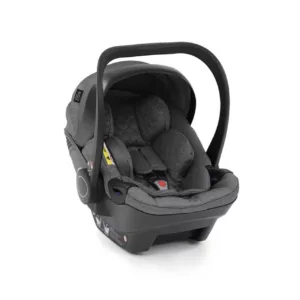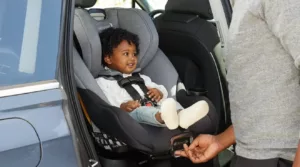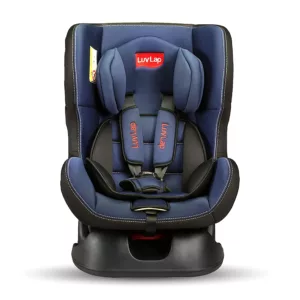Buckle up, Virginia! It’s time to embark on a journey through the crucial world of car seat safety laws. Picture this: you’re cruising down Virginia’s scenic highways with your little ones in tow, but are they as protected as they could be? In a state where road trips are as common as apple pie, understanding and complying with Virginia’s car seat regulations isn’t just important—it’s essential for safeguarding the most precious cargo in your vehicle. So, fasten your seat belts and get ready to dive into everything you need to know about Virginia’s car seat laws to ensure your family’s safety on the open road!
Thank you for reading this post, don't forget to subscribe!Virginia Car Seat Laws
In the United States, ensuring the safety of children while travelling in vehicles is a top priority. Each state has its own set of regulations and laws governing the use of child safety seats, and Virginia is no exception. Virginia’s regulations on child car seating are crafted to safeguard young travellers and mitigate the chances of injury or fatality in case of a vehicular collision.
Table of Contents
ToggleIntroduction to Virginia Car Seat Laws
The safety of children in vehicles is a matter of utmost importance, and Virginia recognises this by implementing stringent regulations regarding child restraint devices. These regulations are designed to guarantee that children are effectively restrained in suitable car seats or booster seats while travelling on Virginia’s roadways.
Info-Graphics Virginia Car Seat Laws
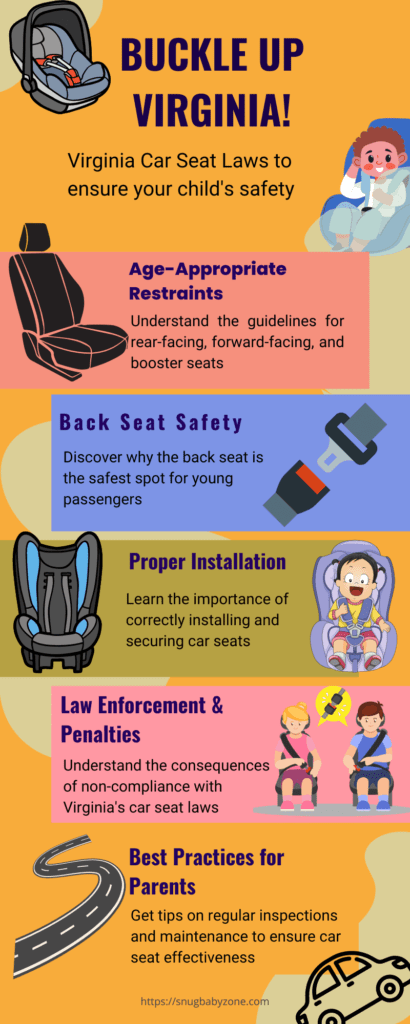
Importance of Child Safety in Vehicles
Department of Motor Vehicles, there were 21,000 reported road accidents in the state in the past five year alone. Tragically, these accidents resulted in fatalities and injuries, with a significant portion of those affected being children.
These statistics underscore the critical need for stringent car seat laws and safety regulations. Children are particularly vulnerable in motor vehicle accidents, and using proper car seats or booster seats can significantly reduce their risk of injury or death. By adhering to Virginia’s car seat laws and ensuring that children are securely restrained while travelling, caregivers can help mitigate the impact of road accidents and protect young passengers from harm.
Overview of Virginia’s Child Restraint Device Law
Virginia’s Child Restraint Device Law, as outlined in the state’s legal statutes, establishes the requirements and guidelines for the use of child safety seats in motor vehicles. This law specifies the age, weight, and usage guidelines for child restraint devices, aiming to provide maximum protection for children while travelling.
Key Requirements and Regulations:
Age and Weight Restrictions
Virginia’s car seat laws mandate the use of child restraint devices for children up to the age of seven or until they reach their 8th birthday. The law takes into account the proper selection and usage of safety seats based on the child’s weight and height, as specified by the manufacturer.
In Virginia, the state’s car seat laws provide specific recommendations for the stages of baby car seats based on both age and weight. These recommendations are crucial for ensuring that infants and young children are safely secured in appropriate car seats while travelling in vehicles. Here’s a breakdown of the weight and age recommendations for baby car seat stages according to Virginia state guidelines:
Rear-Facing Car Seats:
- Age: Birth to 2 years old
- Weight: Typically up to 35 pounds (may vary depending on the specific car seat model)
- Suggestion: Infants should travel in a rear-facing car seat right from birth until they reach either the maximum weight limit recommended by the car seat manufacturer or until they reach two years of age, whichever occurs first. Rear-facing car seats offer prime safeguarding for the heads, necks, and spines of infants and young toddlers in the event of an accident.
Forward-Facing Car Seats:
- Age: 2 to 4 years old
- Weight: Weight specifications typically fall within the range of 20 to 65 pounds, although this may differ based on the particular car seat model.
- Suggestion: It is advisable that when a child surpasses the weight or height restrictions of a rear-facing car seat, making the transition to a forward-facing car seat equipped with a harness system is a wise decision. Children should remain in a forward-facing car seat until they outgrow the weight or height restrictions set by the manufacturer.
Booster Seats:
- Age: 4 to 8 years old
- Weight: Booster seats typically accommodate weights ranging from 40 to 100 pounds, although this can fluctuate depending on the particular model.
- Suggestion: When children outgrow the weight capacity of their forward-facing car seats, transitioning to a booster seat is advised to ensure proper seat belt alignment. Boosters play a critical role in securing the seat belt snugly across the child’s body, diminishing the risk of injury during a crash. Children should remain in a booster seat until they attain a height where they can comfortably utilise a seat belt, typically around 4’9″ tall.
Proper Usage Guidelines
It is imperative to correctly install and utilise safety seats to maximise their ability to protect children while travelling. Infants and young toddlers should be secured in rear-facing child restraint devices, while older children are advised to use forward-facing seats and booster seats, depending on their stage of development.
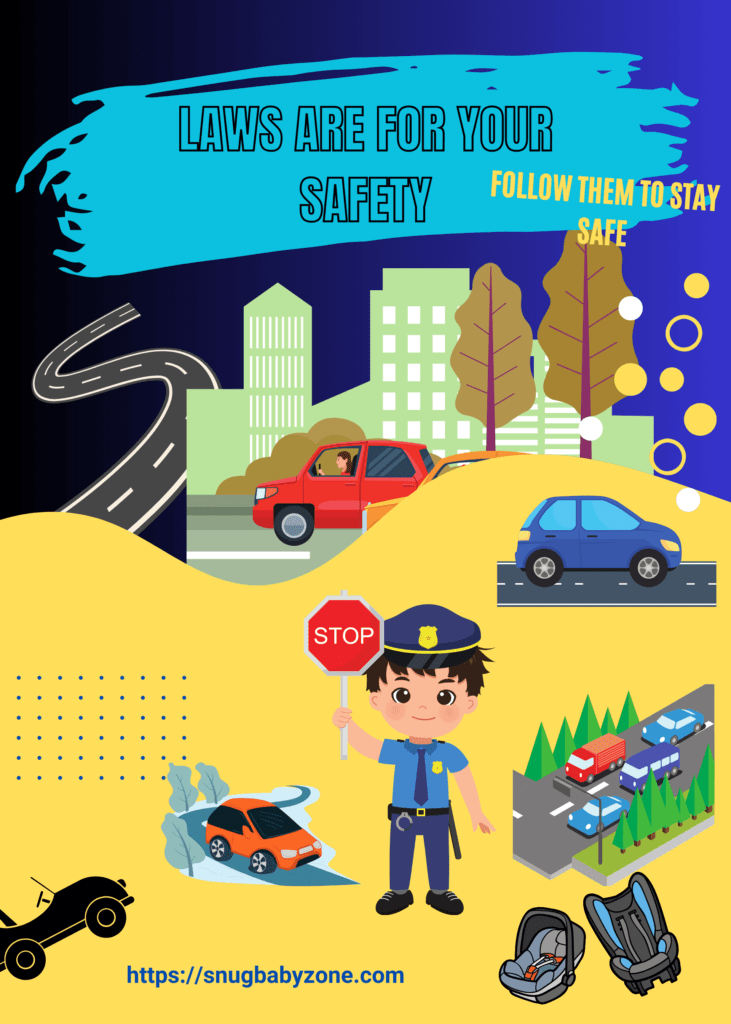
Rear-facing vs. Forward-facing Seats
Virginia legislation currently mandates that children must utilise rear-facing safety seats until they turn two years old or reach the minimum weight threshold for a forward-facing safety seat, as specified by the seat manufacturer. This adjustment aligns with the most recent guidance provided by safety specialists and pediatrics’s professionals.
Recent Updates and Amendments
In recent years, Virginia has made significant updates to its car seat laws to align with current safety standards and best practices. These updates include stricter regulations on rear-facing seat usage, as well as penalties for non-compliance to ensure greater enforcement of the law.
Penalties for Non-Compliance
In Virginia, failure to comply with car seat laws can lead to penalties. For the first offense, the penalty is typically a $50 civil fine. However, subsequent violations can result in fines of up to $500. Additionally, points may be added to the driver’s license of the individual responsible for the violation. It’s essential to adhere to Virginia’s car seat laws to avoid these penalties and ensure the safety of children while travelling in vehicles.
Best Practices for Ensuring Child Safety
While meeting the minimum requirements of Virginia’s car seat laws is essential, going above and beyond with best practices can further enhance child safety. Parents and caregivers should prioritise proper installation and usage of car seats, regular inspections, and maintenance to ensure their effectiveness.
Conclusion: Prioritising Child Safety on Virginia’s Roads
In conclusion, understanding and adhering to Virginia’s car seat laws are paramount for safeguarding the well-being of young passengers while travelling on the state’s roads. With the inherent risks associated with motor vehicle accidents, proper utilisation of child restraint devices becomes imperative to mitigate potential injuries or fatalities.
By implementing stringent regulations and guidelines, Virginia aims to ensure that children are securely strapped into appropriate car seats or booster seats tailored to their age, weight, and developmental stage. Each phase of car seat usage, from rear-facing seats designed for infants to booster seats tailored for older children, contributes significantly to ensuring maximum safety while travelling.
Recent updates to Virginia’s car seat laws, such as the requirement for rear-facing safety seats until the age of two, reflect evolving safety standards and recommendations from experts. These updates underscore the state’s commitment to prioritising child safety and aligning regulations with the latest research and best practices.
Moreover, penalties for non-compliance with car seat laws serve as a deterrent, emphasising the importance of strict adherence to these regulations. By enforcing primary enforcement and imposing fines for violations, Virginia aims to ensure greater compliance and accountability among drivers and caregivers.
In addition to fulfilling the basic legal requirements, parents and caregivers should embrace best practices to enhance child safety in vehicles. It entails correctly installing and using car seats, conducting regular inspections, and ensuring proper maintenance to uphold their efficacy in safeguarding young passengers.
In essence, by buckling up and adhering to Virginia’s car seat laws, parents and caregivers can take proactive steps to safeguard their precious cargo and promote a culture of safety on the open road. Together, we have the power to foster a safer environment for all travellers, guaranteeing that every trip is a secure and pleasant experience for families throughout the state.
FAQs about Virginia Car Seat Laws
Are there exemptions to Virginia’s car seat laws?
- While there are exemptions for certain vehicles, such as taxicabs and public transportation, the general requirement for child restraint devices applies to all vehicles manufactured after a certain date.
What are the age and weight requirements for rear-facing car seats in Virginia?
- In Virginia, it’s recommended that children ride in rear-facing car seats from birth until they reach the age of two or the maximum weight limit specified by the car seat manufacturer, whichever comes first.
At what age can children switch from a forward-facing car seat to a booster seat in Virginia?
- In Virginia, children usually move from a forward-facing car seat to a booster seat at approximately four years old or when they surpass the height or weight restrictions of their forward-facing seat, as advised by the manufacturer.
Are there penalties for non-compliance with Virginia’s car seat laws?
- Yes, Virginia imposes penalties for non-compliance with car seat laws, including fines and points on the driver’s license. The state’s child restraint law is primary enforcement, meaning that law enforcement officers can issue citations solely for violations of the car seat law.
Can children sit in the front seat of a vehicle in Virginia?
- No, Virginia law mandates that children must ride in the back seat of a vehicle until they are at least eight years old. The rule aims to reduce the chances of children getting injured in car accidents by positioning them in the back seat, which is typically safer than the front seat, particularly for younger travellers. Therefore, children should only sit in the front seat of a vehicle in Virginia once they reach the age of eight or older.
Do Virginia’s car seat laws apply to ride share vehicles like Uber or Lyft?
- Yes, Virginia’s car seat laws apply to ride share vehicles such as Uber or Lyft. The laws require children to be properly secured in a seat based on their age, weight, and height, regardless of the type of vehicle they are travelling in. Therefore, parents and caregivers must ensure that children are safely restrained according to the state’s car seat laws, even when using rides hare services.
Related Resource:
